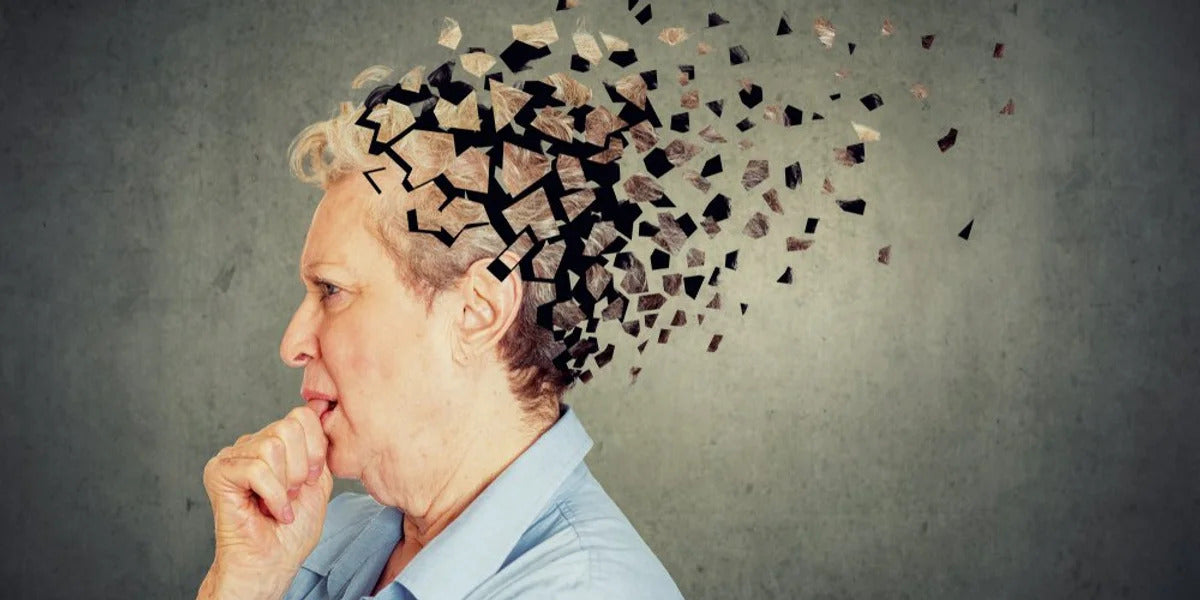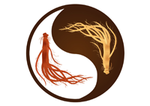
Table of contents
The meaning of dementia
Dementia is a general term for the loss of memory, language, problem-solving and other thinking skills that are severe enough to disrupt our normal lives. Alzheimer's disease is the most common cause of dementia.
What is dementia?
The word dementia is not a single disease; it is a general term - like heart disease. Dementia also covers a number of specific diseases, including Alzheimer's disease. These changes cause a decline in thinking skills, also known as cognitive abilities, which is severe enough to impair normal life and independent functioning. They also often affect behaviour, emotions and relationships.
Alzheimer's disease accounts for 60-80% of cases. Vascular dementia, which occurs due to microscopic bleeding and blockage of blood vessels in the brain, is the second most common cause of dementia. People who experience brain lesions of more than one type of dementia at the same time have mixed dementia. Many other problems can also cause symptoms suggestive of dementia, including some that are reversible, such as thyroid problems and vitamin deficiencies.
Dementia is often misleadingly referred to as 'senility' or 'senile dementia', reflecting the previously widespread but incorrect belief that severe mental decline is a normal part of ageing.
Signs of dementia
The signs of dementia can vary widely. For example:
- Problems with short-term memory
- Short-term memory problems
- Forgetting to pay bills
- Forgetting to prepare meals
- Forgetting appointments
- Getting lost in a familiar neighbourhood
Many conditions are progressive, meaning that the signs of dementia start slowly and only get progressively worse. For example, my mother is 80 years old but has been taking black ginseng continuously for 4 years, although she started the process years ago, but it hasn't got any worse since. Black ginseng is perfect to prevent further deterioration.
Treating dementia at home
Dementia may not yet have a cure, but there are many ways to reduce the risk and overcome some of the symptoms or slow down the process considerably by natural means. As soon as signs of dementia emerge,changing diet , regular detoxification and regular use of the useful herbs and spices listed below can be a great start. Whilesome people with dementia can live alone and unsupervised at home, or with the support of relatives and friends, others may need a dementia care home. If you have someone around you who is struggling with the stress of dementia, it's definitely worth trying these herbs to help combat the condition.
Treating dementia with herbs
Turmeric
Alzheimer's disease and dementia are significantly less common in India than in England - which is presumably due to turmeric and its primary ingredient curcumin; curcumin and its antioxidant properties. It is thought that turmeric inhibits the formation of beta-amyloid, the plaques that inhibit Alzheimer's disease brain function. In addition, curcumin has the potential to be a 'possible' and 'promising' aid in beating Alzheimer's disease. If you are looking for a truly absorbable turmeric preparation click here!

Holy Basil
Holy basil is one of the most popular herbs for the treatment of dementia due to its ability to reduce brain stress and fatigue that can cause dementia in the long term. Holy basil is an excellent herb for dementia and is said to not only help treat memory loss, but also improve neuronal function in the brain.

Ginko Biloba
Ginkgo Biloba is perhaps the best known (and researched) botanical herb used to treat conditions such as cerebral vascular insufficiency, memory loss, mood disorders, cognitive disorders and depression. Numerous studies point to its effectiveness in treating dementia. The herbs action improves the blood flow properties of the brain and promotes antioxidant activity. The world's oldest living tree species has proven its effectiveness in over 50 double blind trials and is often recommended in the early stages of Alzheimer's disease when it is claimed to prevent the onset of the condition.
6-year-old Korean Ginseng
Ginseng has been used in Asia for at least 1,650 years to prevent disease and ageing where it is a healthy lifestyle. Two related studies have shown that Korean ginseng can be a great help; the first study bankinvolved 40 patients with mild to vascular dementia, and the other study involved 25 patients with panic attacks and showed significant improvements in memory after 12 weeks on a daily basis. Another recent study has shown that ginseng protects against nerve and cognitive damage caused by ischaemia, can be used to treat vascular dementia and has also been very effective for symptoms of many other conditions such as hypertension and diabetes.
In the case of ginseng, it is very important to note that all the studies used black or red ginseng made from 6-year-old ginseng roots grown in South Korea. Ginseng needs 6 years to develop the right amount of active ingredient. Many people try inexpensive ginseng ampoules or tablets - because they are not typically made from 4-6 year old ginseng root - but the lack of the right active ingredients means that no improvement can be expected.
Everything you need to know about ginseng! Click here!
For dementia we recommend Ginseng Saponin Capsules, click here! Or the 6 year old Korean Ginseng Extracts, clickhere !
References, research materials in English:
Herbal Medicine for the Treatment of Vascular Dementia: An Overview of Scientific Evidence
Medicinal Plants and Dementia Therapy: Herbal Hopes for Brain Aging?


